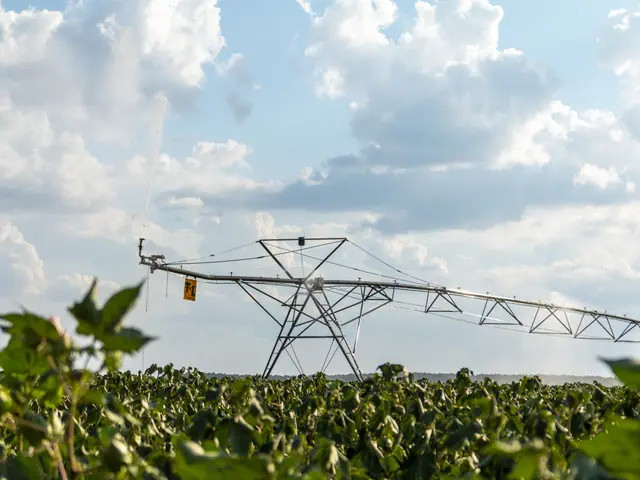Stade LNG Terminal Won't Start Operations Before April - Stade’s new LNG terminal to bolster Germany’s energy independence by 2024
Germany is expanding its LNG infrastructure, with Stade set to become a key energy hub. Deutsche Energie Terminal (DET) is planning an onshore LNG import facility to replace the existing floating one, operating until 2043 with fossil natural gas. The project aims to reduce Germany's dependence on Russian gas supplies.
DET has partnered with Hanseatic Energy Hub (HEH) for the superstructure construction of the Stade LNG terminal. While the construction contractor for the fuel-gas terminal remains undisclosed, the project's progress is steady. The terminal vessel, currently chartered elsewhere, will return to Stade, ensuring operational readiness.
Germany is hastening the development of LNG terminals, with several floating ones already in operation. The Stade LNG terminal is expected to commence operations by April, contributing to the nation's energy security. Lars Kolk, Stade's first councilor, anticipates swift completion of LNG imports in the city.
The Stade LNG terminal, a crucial addition to Germany's energy infrastructure, is on track for completion. While the exact opening date remains uncertain, its contribution to Germany's energy security is eagerly awaited. The project, driven by DET and supported by local authorities, underscores Stade's commitment to becoming a key energy hub.








